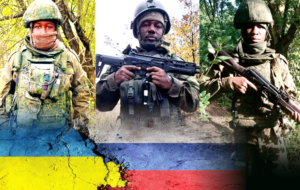Hurricane Melissa Test the Jamaica’s Spirit: Windows Blown, Trees Uprooted, Crocodile Warnings Alarmed
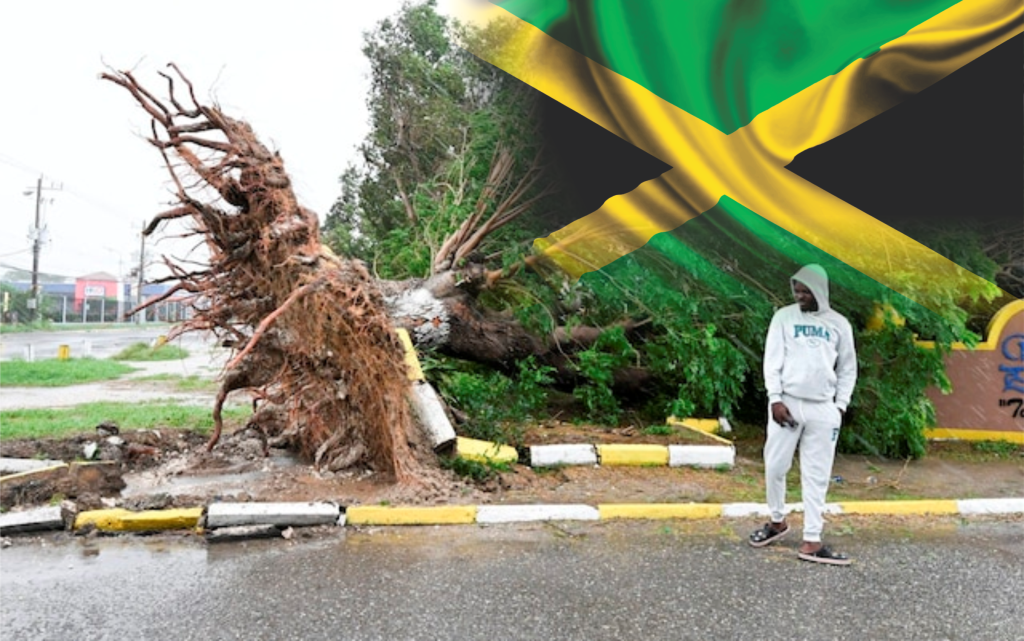
Jamaica is reeling under the fury of Hurricane Melissa, a monstrous Category 4 storm with winds topping 185 miles per hour, the strongest in the island’s modern history. Windows have been ripped from homes, ancient trees lie uprooted across streets, and warnings of displaced crocodiles add an eerie edge to an already terrifying scene.
The storm’s arrival late Tuesday night plunged nearly a third of the island into darkness as power lines collapsed under howling winds. In Kingston and Montego Bay, families huddled in candlelit rooms, clutching radios for updates as roofs tore away and floodwaters swallowed roads. Hospitals have not been spared. At least two facilities have reported severe roof damage, disrupting already strained emergency services.
![]()
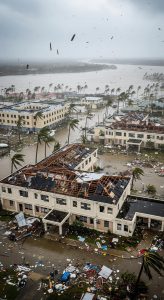
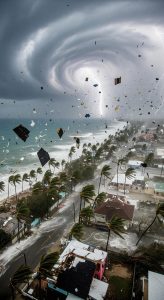
Officials have confirmed three fatalities from falling trees, with dozens more injured. Yet the emotional toll runs deeper. Many Jamaicans saw Hurricane Melissa to be much more than a natural disaster. The hurricane waded through a painful echo of colonial-era storms and decades of climate vulnerability that small island nations have long warned the world about.
In the fishing village of Old Harbour Bay, residents describe a scene of heartbreak and resilience. Marcia Thompson, a mother of three who lost her home said – “the sea came right through the town like it owned the place. We’re used to storms, but never like this. This one feels different”.
Melissa’s slow, grinding pace means its devastation lingers. Flash floods and landslides continue to threaten highland communities, while rising water levels near rivers and swamps have prompted extraordinary warnings from Jamaican wildlife officials – beware of displaced crocodiles seeking refuge inland.
As the hurricane edges north toward Cuba, half a million people have already been evacuated from vulnerable areas around Santiago de Cuba. President Miguel Díaz-Canel has urged vigilance, calling Melissa “a storm that tests not just our infrastructure, but our unity”.
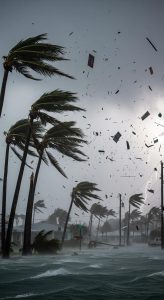
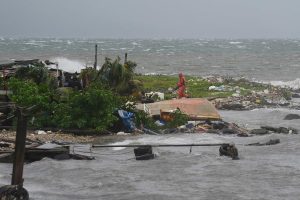
Economically, the toll could be staggering. Jamaica’s tourism-dependent economy, which is still recovering from pandemic losses, faces another blow, with airports shuttered, hotels flooded and crops destroyed. The banana and sugarcane industries, vital sources of income for rural families, are expected to suffer months of disruption.
But amid the wreckage, stories of unity amongst victims and more, are emerging. Families are opening homes to neighbors, churches are serving as makeshift shelters and diaspora groups across the Caribbean and North America are mobilizing funds for relief.
Hurricane Melissa is a test of endurance, faith and national identity beyond just being a climate event to many Jamaicans. As the winds move on, the harder work begins. The plans towards rebuilding homes, restoring power and holding onto the fortitude that has long defined the island’s people.




